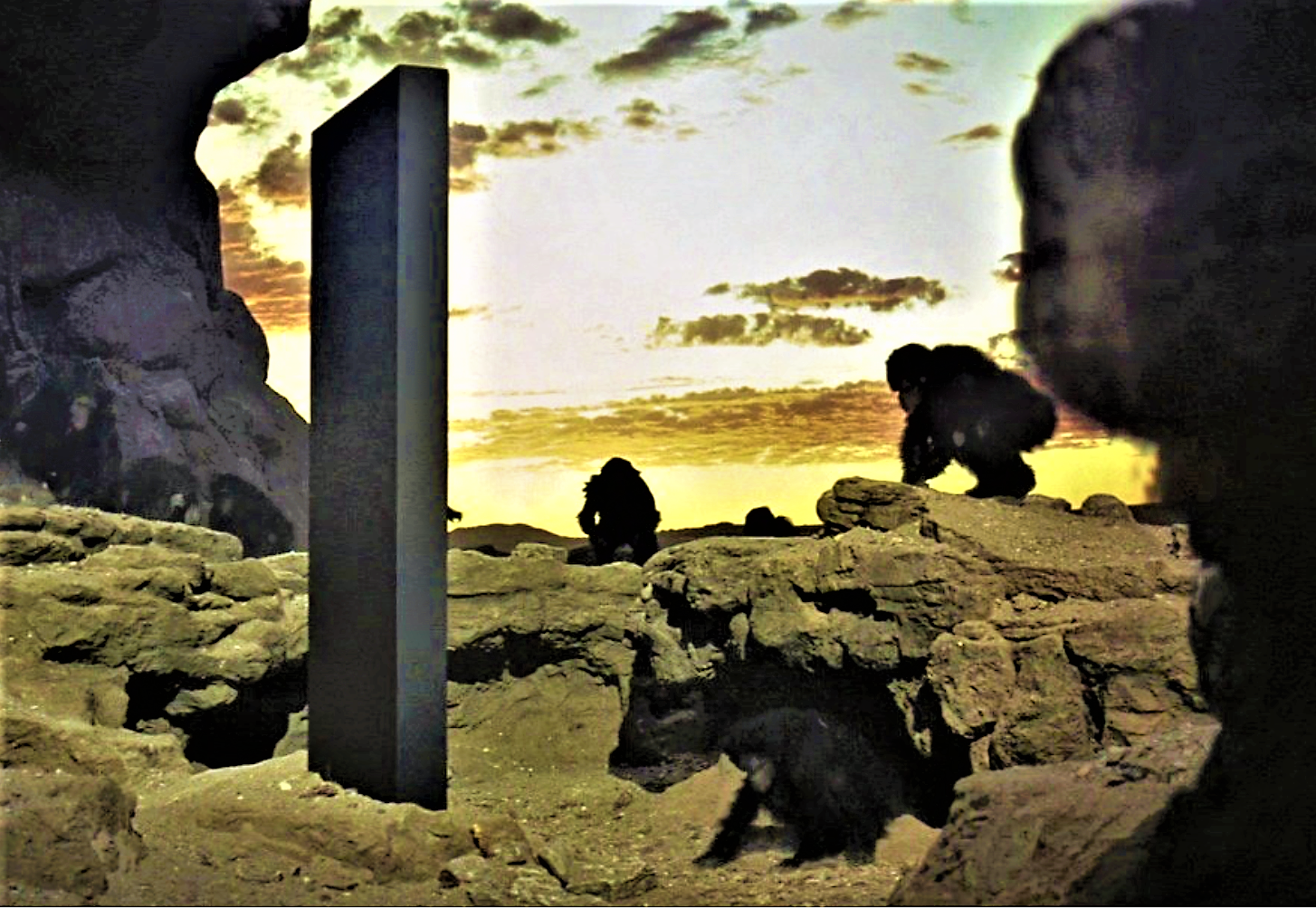this post was submitted on 20 Jun 2023
73 points (100.0% liked)
Science Fiction
14139 readers
24 users here now
Welcome to /c/ScienceFiction
December book club canceled. Short stories instead!
We are a community for discussing all things Science Fiction. We want this to be a place for members to discuss and share everything they love about Science Fiction, whether that be books, movies, TV shows and more. Please feel free to take part and help our community grow.
- Be civil: disagreements happen, but that doesn’t provide the right to personally insult others.
- Posts or comments that are homophobic, transphobic, racist, sexist, ableist, or advocating violence will be removed.
- Spam, self promotion, trolling, and bots are not allowed
- Put (Spoilers) in the title of your post if you anticipate spoilers.
- Please use spoiler tags whenever commenting a spoiler in a non-spoiler thread.
founded 2 years ago
MODERATORS
you are viewing a single comment's thread
view the rest of the comments
view the rest of the comments

A trope that's bothered me more and more over the years is planetary chauvinism. So many science fiction settings make the assumption that people will only ever live on planets - and usually specifically Earthlike planets - and anything else is just something for a mining ship to visit, when it's even thought of at all.
A somewhat related issue is the grand importance that Earth always seems to be given. I can understand it from the perspective of writing stuff for the general audience, it's super easy to make them care about whatever's going on by saying "oh no, Earth might be destroyed" but once we're a couple of centuries or millennia into being a spacefaring civilization with colonies all over the place Earth is going to be just one planet out of many. Star Trek is a particularly bad offender here since not only should there be plenty of human colonies just as big and important as Earth at this point but there are dozens of nonhuman Federation members too. The Federation didn't end when Vulcan got destroyed, it shouldn't end if Earth gets destroyed.
For the second concern i like the two Hainish Circle books i have read, "The dispossessed" and "The left hand of darkness". They mention that something like earth exists, but it's not even a plot point, it's just another planet. But then again these books are social commentar / thought experiment first and foremost, they just happen to be in a Sci-Fi setting.
The Culture does this best. Most Culture citizens live on orbital rings. You're allowed to move to a planet if you want, but it's not the norm and the Culture considers civilisations which rely on planets to be immature. They view it the same way as dependence on fossil fuels, it's destructive and unsustainable.
Oddly enough, an example from Star Wars of all places also pops to mind. The Ithorians had a culture that included deep reverence for the forests of their homeworld Ithor, and had a very communal society, so when they got technological they built huge "Herdships" that were basically flying cities. Initially they just hovered in the sky over their planet so as to not disturb the forests on the surface, but they eventually became spaceborne and became self-sufficient arks travelling the galaxy.
They still regularly returned to their homeworld, though. Until the Yuuzhan Vong destroyed it. The Herdships were unaffected, though and basically became nomads.
I recall a thread over on Reddit where I speculated at length about what the Star Wars galaxy would be like in the aftermath of the Rise of Skywalker and the fact that the tech now exists to build Star-Destroyer-sized planet-killer weapons and it apparently is pretty cheap to do so made me think that the galaxy might be forced to go post-planetary. A planet is basically indefensible but something like an Ithorian Herdship can just jump to hyperspace the moment a Xyston-class ship shows up in the neighborhood. It's hard to speculate with much confidence given the shoddy worldbuilding, though. Hyperspace tracking is apparently quite easy now too, so if someone really has it in for a particular Herdship it might still be screwed.
Obviously it has aged very poorly but Heinlein's Methusela's children series definitely goes all out against that trope. The main character spends paragraphs on how Earth did NOT age well.
Necroposting to suggest the The Culture books by Ian M. Banks. The vast vast majority of people live on big space habitats like ring worlds, O'Neil cylinders, and Stanford Torii. Also some of the hugest ships carry basically a whole planet of people.